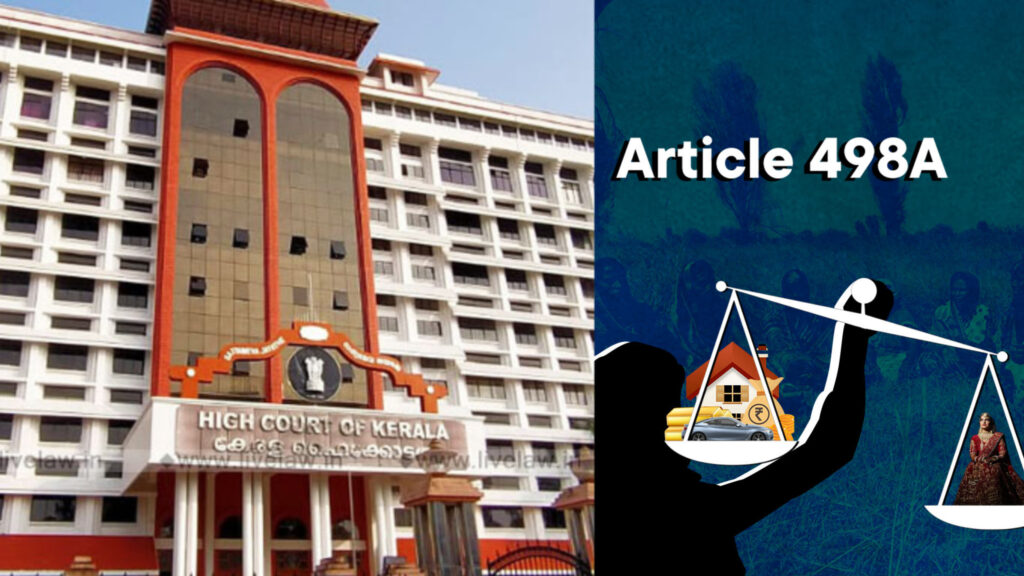
It Cannot Be Said That A Particular Individual Has a Good Reputation Simply Because He Is Educated and God Fearing: Supreme Court
Last Updated on October 17, 2023 by News Desk
Issue:
The Supreme Court addressed the topic of whether an individual’s high school diploma and character as a God-fearing individual may be sufficient to develop a favorable reputation in a ruling issued on October 13, 2023. The case concerned a challenge to a murder and attempted rape conviction in which the Himachal Pradesh High Court relied on the testimonial evidence of PW1, a well-versed and God-fearing witness.
Facts of the Case:
The High Court convicted the appellant of murder and attempted rape, overturning the lower court’s acquittal. The verdict of the High Court was substantially based on the testimony of PW1, who was regarded as an educated and God-fearing guy. PW1’s history, according to the High Court, rendered his evidence believable.
Arguments Presented by Parties:
- The prosecution maintained that PW1’s educated and God-fearing upbringing should add credence to his evidence, allowing the appellant to be convicted.
- The defense argued that the High Court relied too heavily on PW1’s character and repute. They contended that the court should evaluate the witness’s behaviour and the entire evidence offered under Section 8 of the Evidence Act.
Reasoning of the Judgment:
The Supreme Court, in a decision issued by Justices M M Sundresh and J B Pardiwala, stated that character and reputation are inextricably linked. However, they noted that a court should not depend exclusively on a person’s history, particularly in an appeal hearing, if the witness’s conduct raises suspicions. The behaviour of a witness is critical in assessing reputation under Section 8 of the Evidence Act..
Judgment:
The Supreme Court overturned the High Court’s decision and reinstated the trial court’s acquittal decision. The Court ruled that the appellant was entitled to the benefit of the doubt since the prosecution had not proven its case beyond a reasonable doubt. The High Court’s ruling was deemed to be unjustified, and the lower court’s acquittal was reintroduced.
Case Title: Harvinder Singh @ Bachhu V. The State of Himachal Pradesh
Written by – Nikita Shankar




